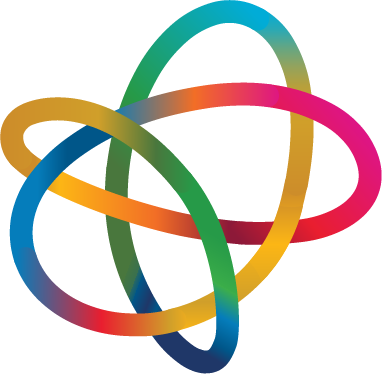Brilliant Poetry: A Global Celebration of Quantum Wonder
In 2025, the Brilliant Poetry competition invited people from around the world to explore the beauty and mystery of quantum science through verse. The response was extraordinary. In only three months, we received 368 poems written in three languages and submitted from 50 countries. This truly global effort shows how quantum science can spark creativity and how poetry can give voice to scientific wonder.
Poetry and quantum ideas
Quantum mechanics has always inspired curiosity, drawing us toward questions that stretch the limits of understanding. Concepts such as entanglement, where particles remain correlated across vast distances; superposition, in which a system can exist in multiple states at once; and the paradox of Schrödinger’s cat, which imagines a cat that is simultaneously alive and dead until observed, all challenge our sense of reality. These concepts are as strange as they are fascinating, inviting us to reconsider what it means to know, to see, and to measure the world around us.
These ideas continue to stretch the imagination, and poetry offers a unique way to respond to them. Where equations can be abstract, poetry can be immediate. It can capture not only the complexity of quantum science but also its emotional and human dimensions.
The competition invited entrants to channel their own interpretations of quantum science into poetic form. By doing so, it supported the spirit of the International Year of Quantum Science and Technology, which highlights the global importance of quantum research and education, and the need to make science accessible to all.
A collective effort
The judging process was led by Diego Golombek, an Argentinian neuroscientist, writer, and Ig Nobel laureate, and Jean-Pierre Luminet, a French astrophysicist, writer, and artist celebrated for his pioneering work on black holes and cosmology. Both are laureates of the UNESCO Kalinga Prize for the Popularization of Science, and together they brought scientific expertise and a deep appreciation of the arts to the task..
Reflecting on the process, the judges described how rewarding it was to read such a broad collection of poems from so many countries. They noted the diversity of styles and approaches, and how exciting it was to see quantum science interpreted through so many creative lenses. When it came to selecting the longlist, shortlist, and winners, they quickly found common ground, with strong agreement on the poems that stood out. For them, the shortlisted works are distinguished by originality, emotional resonance, and well-crafted language.
What happens next
The ten shortlisted poems are now live on the Brilliant Poetry website: www.thebrilliantpoetry.com. The winning poems will then be announced on World Science Day for Peace and Development, 10 November 2025.
In addition, the shortlisted poets will be invited to take part in a virtual reading event in November, bringing together voices from across the globe. This event will allow the poets to share their work with an international audience and to celebrate the achievement of being selected from such a large and diverse field. Plans are also underway for a further celebration in early 2026, offering another opportunity to showcase the creativity and imagination that the competition has inspired.
Why this matters
Competitions like Brilliant Poetry highlight that science is not confined to laboratories, nor poetry to literature alone. By combining the two, they encourage participation from people who might not usually see themselves reflected in scientific spaces. The fact that poems came from 50 different countries shows both the global reach of quantum science and the universal appeal of creative expression.
This inclusivity is central to the goals of the International Year of Quantum Science and Technology, which calls for greater access to science education and engagement, particularly for young people, women, and under-represented communities. Poetry offers a powerful route into these conversations, providing a platform where scientific ideas can be expressed in personal, imaginative, and culturally diverse ways.
Looking ahead
As we move through the International Year of Quantum Science and Technology, Brilliant Poetry stands as a reminder that science can inspire not only research and innovation but also art and dialogue. By inviting poets from every corner of the world to engage with quantum science, the competition has demonstrated how cultural and scientific exchange can enrich one another.
We look forward to celebrating the winners in November and continuing to explore the creative potential of science and poetry together.
Sam Illingworth is a professor at the Department of Learning & Teaching Enhancement, Edinburgh Napier University.
For general questions about IYQ, please contact info@quantum2025.org. For press inquiries, contact iyq2025@hkamarcom.com.


